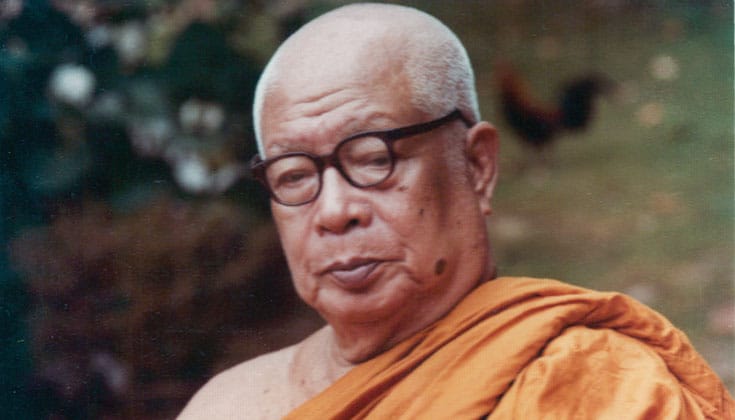-Does it matter to you that we may never know what was the "original teaching" of the historical Buddha?
-Would later traditions and interpretations that deviate from some "original teaching" be less legitimate?
No to both questions. The way I see it Buddhism isn't about one man. The teachings of Buddhism reflects the collective wisdom handed down through the ages. It continues today. Jundo and the Unsui here but also the members of the Sangha just through their postings and responses. I try to have an open mind to receive the wisdom.
The Buddhism I have come to know is a good set of guiding principles to live my life by. Whether they come directly from the historical Buddha or have been refined over time doesn't matter to me.
Gassho
Warren
Sat last night
-Would later traditions and interpretations that deviate from some "original teaching" be less legitimate?
No to both questions. The way I see it Buddhism isn't about one man. The teachings of Buddhism reflects the collective wisdom handed down through the ages. It continues today. Jundo and the Unsui here but also the members of the Sangha just through their postings and responses. I try to have an open mind to receive the wisdom.
The Buddhism I have come to know is a good set of guiding principles to live my life by. Whether they come directly from the historical Buddha or have been refined over time doesn't matter to me.
Gassho
Warren
Sat last night


Comment